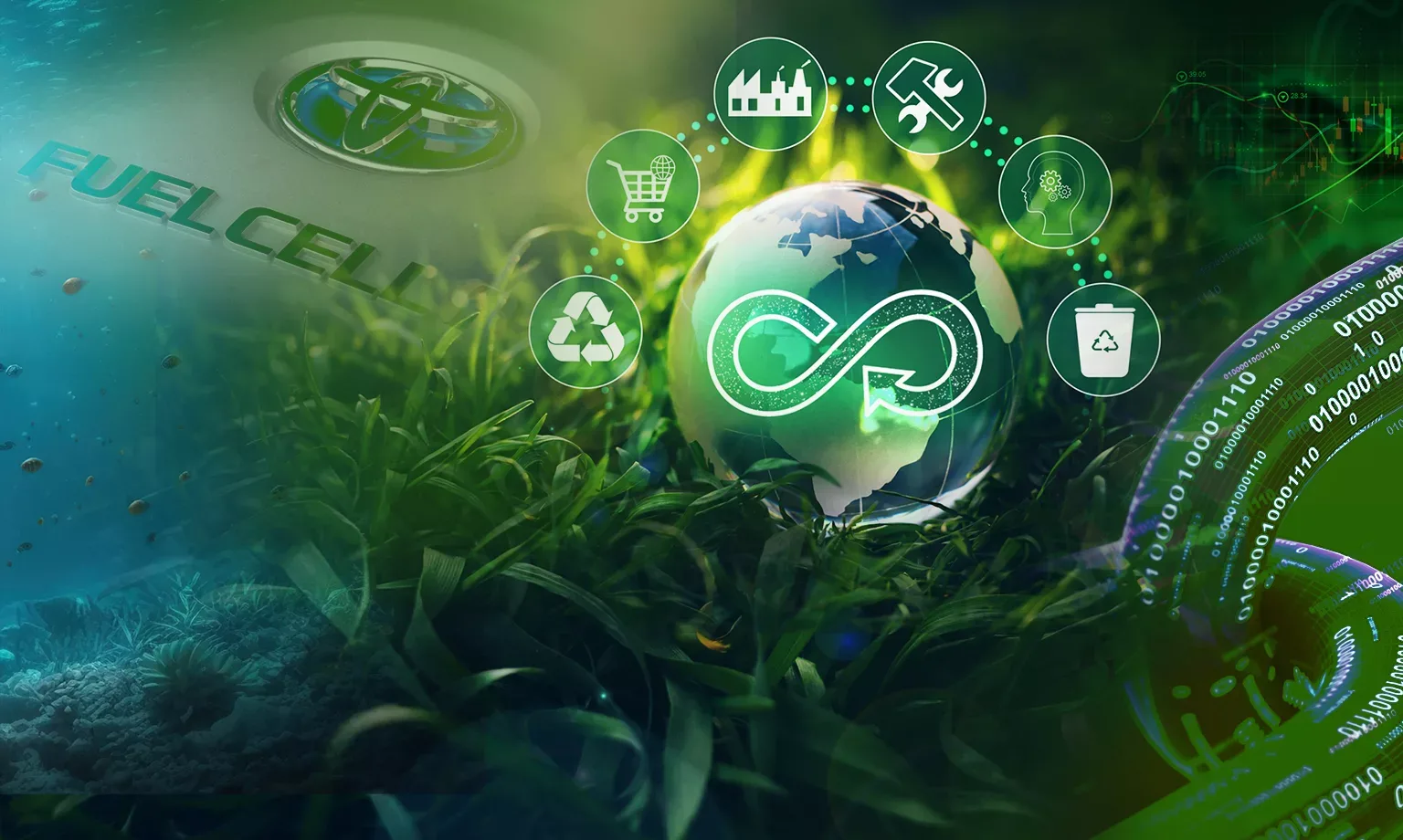Environmental accountability and sustainability initiatives are increasing prospects for many businesses across the APAC region by spurring innovation and creating opportunities.
Today, sustainability is front and centre of business operations and integral to innovation. It is also a new way of engaging employees, customers, and partners. Moreover, the choice to proactively integrate sustainability into everyday company life has resulted in increased productivity and profitability.
Companies that have introduced a greener business strategy and operations have not only reduced waste and optimised costs but also improved efficiency, created alternative revenue streams for sales, and helped human resources attract and retain talent.
Sustainability has the ability to influence a person’s choice of employment, which is crucial for companies in the APAC region as there is a widespread skills shortage in the information, communication and technology (ICT) workforce.
New environmental initiatives could turn the tide and encourage people to train in the sector, as sustainability has the capacity to produce positive outcomes in recruitment and retention stemming from altruism.
APAC plays a crucial role in the global supply chain. However, a substantial share of global emissions comes from the region. As a centre of growth and urbanisation, shaped by biodiversity, businesses need to address the climate crisis and sustainability challenges in ways that are resilient, ambitious and highly inventive.
Therefore, the fundamental businesses underpinning APAC’s growth throughout the years are imposing regulations and targets upon themselves to secure the region’s sustainable future.
Japanese company Toyota Motors has committed to reducing carbon dioxide (CO2) emissions and achieving carbon neutrality globally by 2050 for vehicles and operations. In fact, Agoda’s Sustainable Impact Survey 2023 has identified Japan, along with Singapore and South Korea, as Asia’s top countries for sustainability and conservation efforts.
As businesses adapt to a changing world, success is no longer measured by profits alone; green credentials also have long-term value. However, bold steps toward an environmentally friendly future can potentially produce financial gains.
INNOVATION OPPORTUNITIES
In the APAC region, enterprises have undertaken environmental initiatives; furthermore, the opportunities which arise from such actions continue to drive the popularity of sustainability.
Environmental initiatives have many benefits, but an unexpected advantage for businesses is that it drives creativity and innovation. For instance, sustainability ingenuity centred on circularity requires companies to reconfigure product designs and materials, so parts or the whole entity can be recycled or repurposed.
The advantages of sustainability in business are evidenced by the emergence of eco-smartphones sold by technology start-ups. Long-established brands such as Apple and Samsung have also picked up on the socially conscious way forward, and Globe, a telecoms company in the Philippines, is deploying eco-SIM cards made from 100 percent recycled materials, including the plastic waste from refrigerators.
Another prime example of emerging eco-friendly resourcefulness is the reimagining and reengineering of data centres. Not only are there recyclable parts, but fuel sources for power and cooling are shifting towards cleaner sources. The more innovative data centre designs include Microsoft’s underwater ‘clouds in the ocean’ that can reportedly reduce CO2 emissions by around 40 percent.
Often defined as the future of work, sustainability for service companies presents an opportunity to innovate client delivery techniques. This could mean the automation of mundane and repeatable tasks to free up resources for faster customer service and the digital delivery of services to reduce carbon footprint or the application of hybrid work, green workspaces and SMART buildings.
SUSTAINABLE GROWTH
As sustainability initiatives inevitably lead to new designs, they will lead to further market demand. Businesses will need up-to-date tools and services alongside expanding the use cases of existing technologies.
Blockchain technology, for example, is used to confirm renewable energy utilisation sources in enterprises for eligibility for carbon credits, financing and environmental, social and governance (ESG) reporting. This use of blockchain has been applied by the Singaporean company SP Group, which provides a suite of renewable and sustainable energy solutions beyond traditional utility services.
Therefore, just on data alone, sustainability has created a necessity for ESG-related professional business services such as carbon footprint measures, ESG data security, audit, and reporting.
Another expanded use case emerging from sustainability is the digital twin, a digital representation of an intended or actual real-world physical product, system, or process such as simulation, integration, testing, monitoring and maintenance. Businesses are using digital twins for sustainability simulations, or artificial intelligence (AI), used for human rights tracking.
Indeed, sustainability can be an opportunity for companies to expand their market scope by enhancing human resource strategies and accelerating product and service innovation, thereby attracting eco-aware employees, customers and financial investors.






























